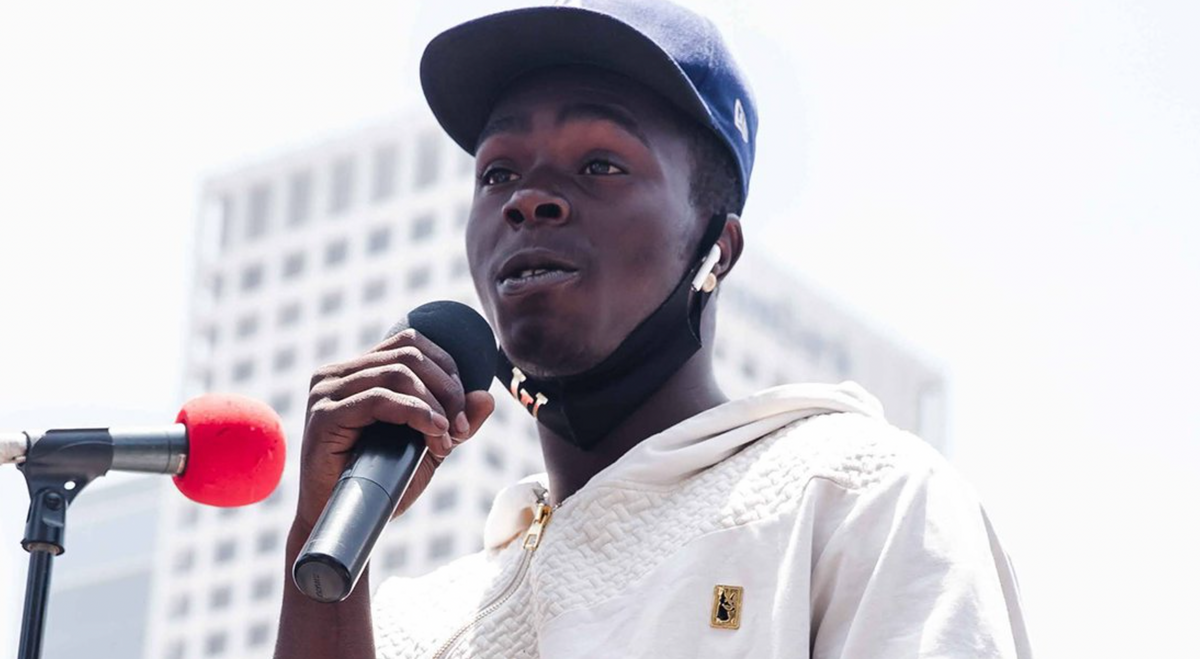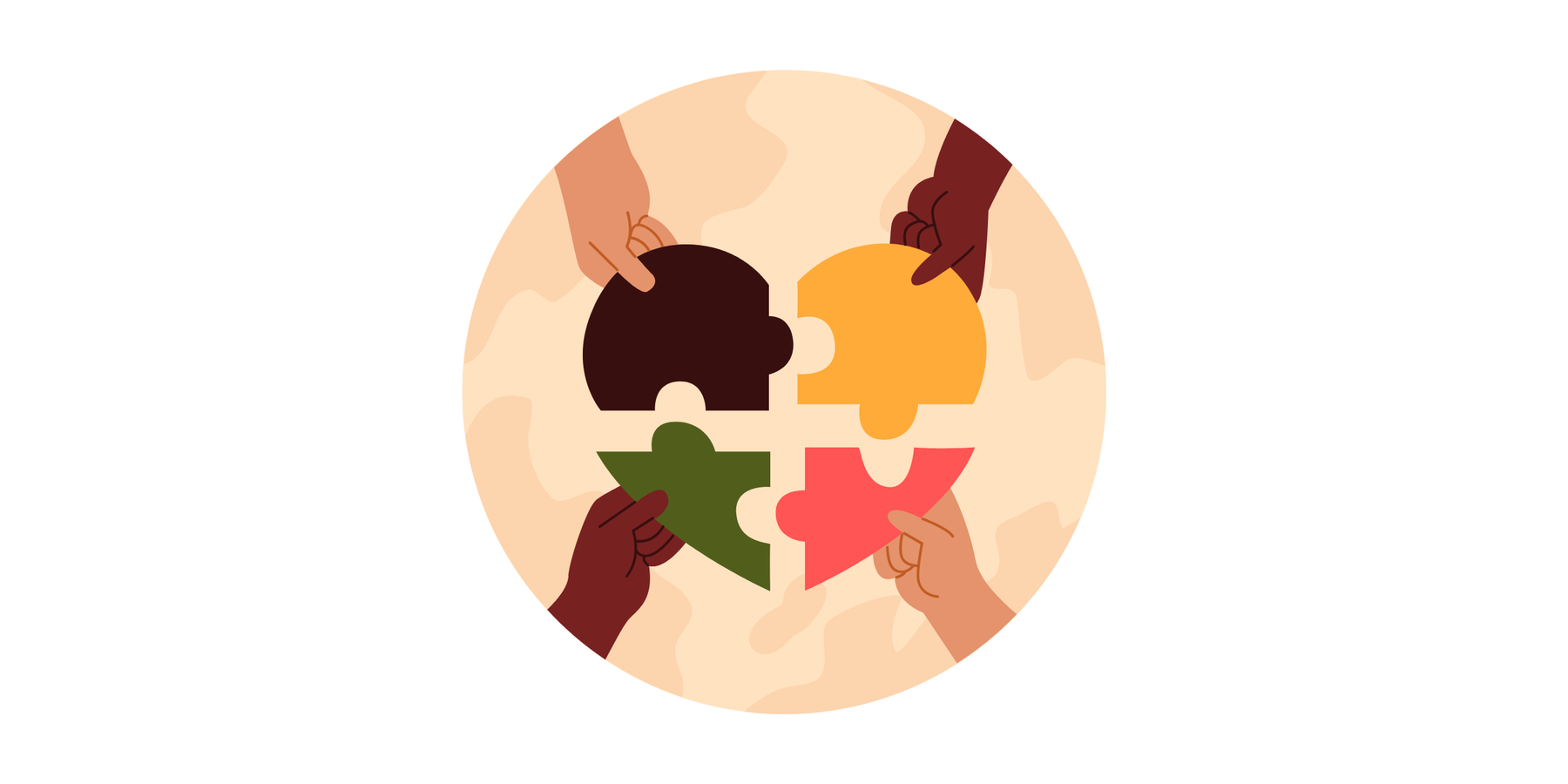Below is an article originally published on June 24, 2021. Go to Liberty Hill's company page on PowerToFly to see their open positions and learn more.
The night before he spoke with Barack Obama at the My Brother's Keeper Alliance Leadership Forum, Jacob "Blacc" Jackson was harassed by police. Again.
This is such a regular experience for Blacc that he no longer needs to consult one of the "Know Your Rights'' cards that he carries in his pocket to hand out his fellow South Los Angelenos to know how to respond. Stay calm. Don't talk. Ask for a lawyer. Be safe. Say no to a search. Be aware of gang profiling.
Being accosted like this is an unpleasant fact of life for Blacc, but he knows that it could have been worse. His older brother was shot to death by LAPD. He bled to death on the street as their mother watched helplessly.
At the Forum, Blacc joined President Obama, Liberty Hill's Vice President of Strategic Partnerships Julio Marcial, and several others to talk about a different kind of future for young Black and brown men like himself—one where society views them not with unrelenting suspicion but with desire to support their talent, creativity, and energy. That is the kind of attention that Blacc and his peers have found in the Los Angeles Youth Uprising, or LAYUP, supported both by Liberty Hill and by Obama's My Brother's Keeper Initiative.
LAYUP was formed in 2016 to organize youth leaders in building power to dismantle the racist, punitive youth justice system in favor of a new model rooted in care and support. Blacc, who is 19, joined LAYUP two years ago in addition to organizing with Youth Justice Coalition and the Brothers Sons Selves Coalition. He has worked on reforming the probation department, on the Youth Justice Reimagined initiative, and on developing his public speaking skills. He has also found a deep well of personal support, both from his peers who are dedicated to the same work as Blacc and from staff leaders such as Marcial who have demonstrated time and again that they are deeply committed to the young people they are supporting.
"I've always worked closely with Julio — when things were in-person [before COVID], I saw him at every meeting," said Blacc. "It's not just a pop-in. I know I can reach out to him any time. When I was graduating high school, Julio gave me a $100 gift card. I was hungry, I got food, and I fed my brothers too. It's a small thing, but those small things really matter."
That sense of connection is deeply important to Marcial and his colleagues.
"Building those personal relationships is central to everything we do, and the reward is getting to see young people like Blacc amaze us time and again with their talent and their leadership," said Marcial. "When we work so hard to make sure they're at the table, it's about justice, but it's also because we know first-hand what incredible abilities they have, because we've seen it in action."
For Blacc, that close connection to the experiences of young people like him left him wanting more—and extending an invitation—after his short conversation with Obama through the Forum.
"He's a cool person, but the space we met in was too workish, too professional," said Blacc. "He'd have a different response if he saw where I came from, where I live. Let me show you my neighborhood."
Even so, when Obama asked the participants in the forum what they wanted from their leaders and elected officials, Blacc had a clear answer for him: "Hire young people for the kinds of jobs that we want to do — community work, entrepreneurship, and arts opportunities."
This, too, echoes LAYUP's efforts to support youth organizers by paying Blacc and others for the work that they do.
"With Liberty Hill, they always find a way to compensate the youth and make sure we're paid," said Blacc. "It allows me to pay for my phone and my bills, and that little piece takes the stress off my shoulders. It keeps me going."
For Marcial, that reflects Liberty Hill's understanding of what Blacc and his peers represent to their communities — not potential criminals, as the police often regard them, but potential leaders who need and deserve support.
"We're not interested in reforming a system that's broken here in Los Angeles County," said Marcial. "When you really understand the impact that youth organizing has had on this work, it means engaging and supporting young people as full partners and putting them at the center of everything that we do. The young people understand that change starts two steps past where you're comfortable."




